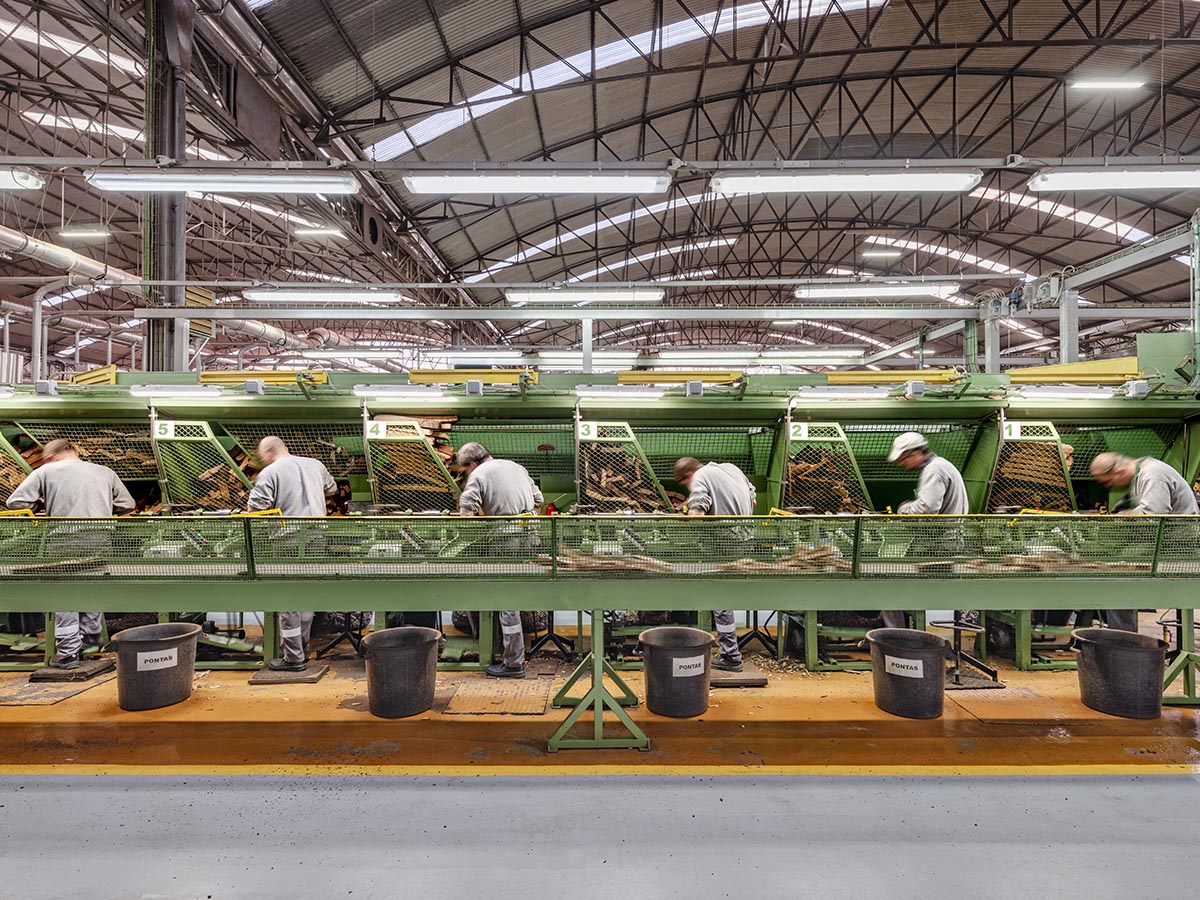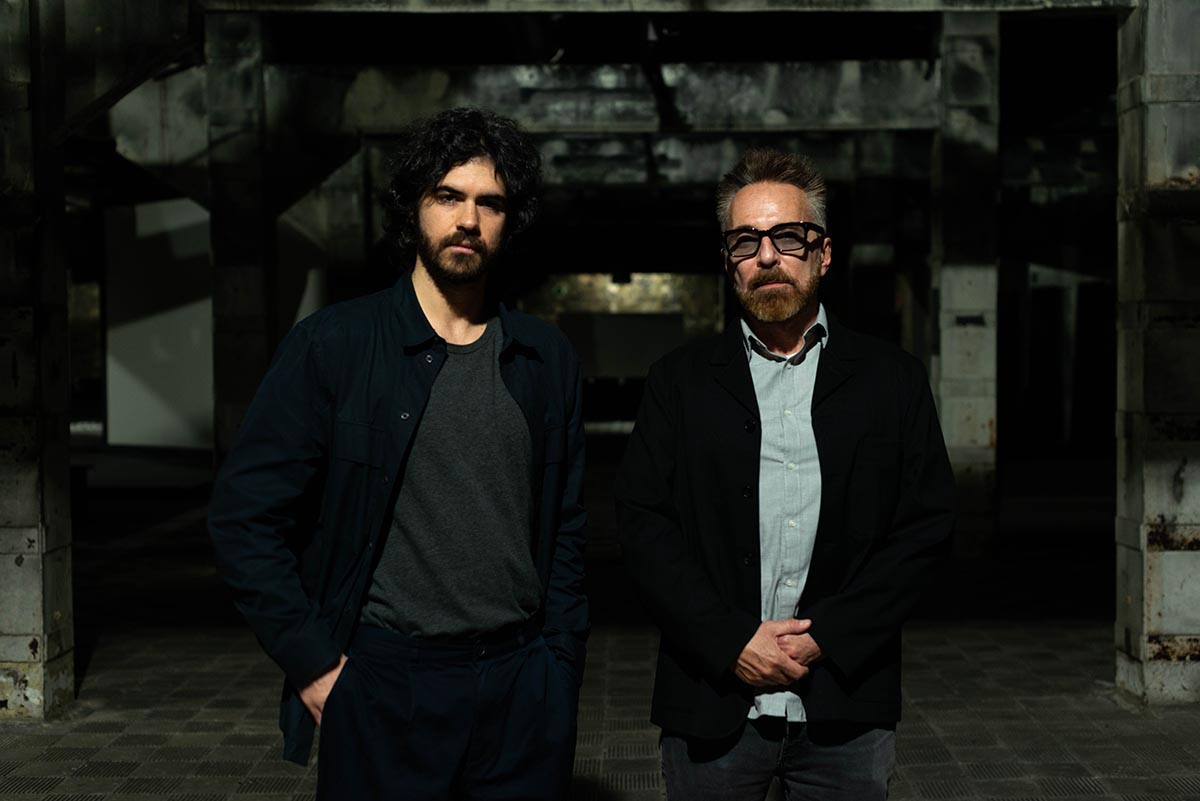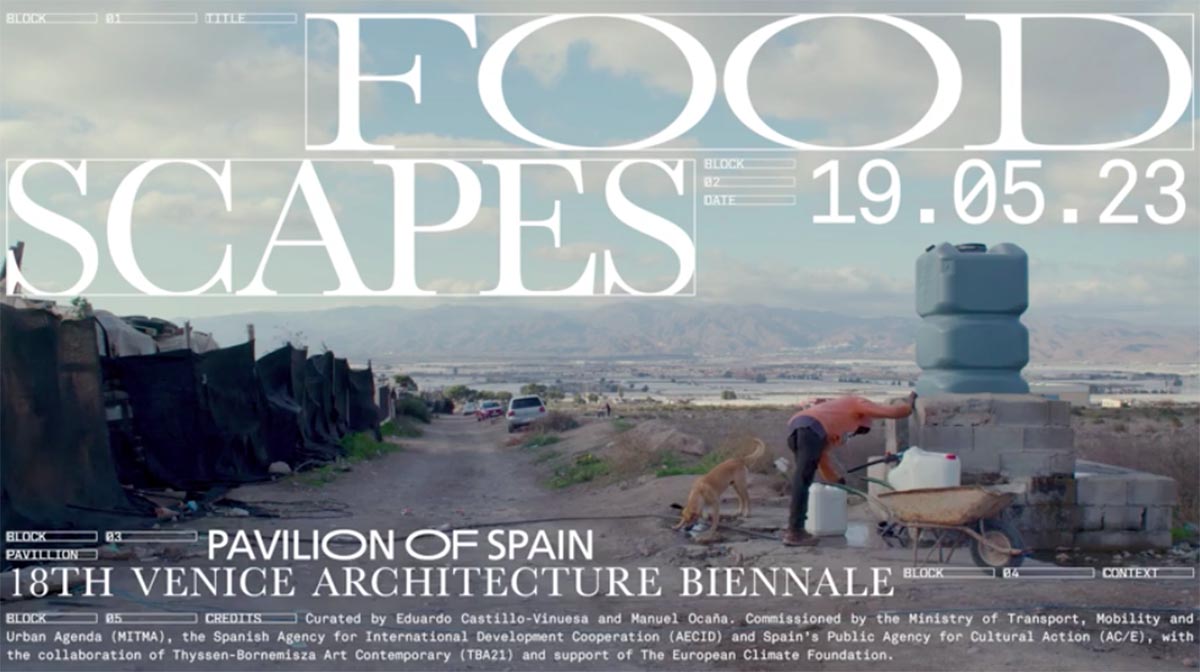Submitted by WA Contents
Spanish Pavilion will explore the Spanish agro-architectural context with Foodscapes
Spain Architecture News - Mar 29, 2023 - 11:15 3513 views

The Spanish Pavilion has released its theme and curators for the 18th International Architecture Exhibition in Venice Architecture Biennale.
Themed Foodscapes, the Spanish Pavilion, curated Eduardo Castillo-Vinuesa and Manuel Ocaña, will explore the Spanish agro-architectural context to address issues of planetary scope.
At the pavilion, the visitors will be welcomed with a journey of exploration into the architectures that feed us – from the domestic laboratories of our kitchens to the vast operational landscapes that nourish our cities.
The Venice Architecture Biennale 2023 will take place from Saturday 20 May to Sunday 26 November, 2023 at the Arsenale and Giardini venues in Italy. The theme of the 18th Venice Architecture Biennale is The Laboratory of the Future curated by Lesley Lokko.
After an open call, the theme of the exhibition and the curatoral team were approved by an independent jury appointed by Spain’s Ministry of Transport, Mobility and Urban Agenda.

Eduardo Castillo-Vinuesa and Manuel Ocaña, 2023. Image © Foodscapes
"Foodscapes offers a real, intelligent, and innovative discourse that promotes research and promises a learning experience in which Spanish architecture and the national territory are the protagonists," said the jury, who commented on both the originality and depth of the approach of the exhibition.
"Spain occupies a strategic position as a laboratory for a more sustainable future in terms of food systems and the architectures that build them, both because of the variety of its agri-food production and because of our country's exposure to the climate crisis."
"The project reveals a practical will to create an architecture capable of changing our view of the world," the jury added.
The exhibition focus on three main elements: an audiovisual project of five short films, an archive in the form of a recipe book, and a public programme of conversations, debates, events and collective research.
Through a mix of programming, the exhibition is aimed to encourage collaboration and knowledge sharing between architects with transdisciplinary profiles from various Spanish universities and pavilion audiences.

Screenshot from Foodscapes video. Image © Foodscapes
"By eating, we digest territories"
"At a time when debates about energy are more pertinent than ever, food remains in the background, yet the way we produce, distribute and consume it mobilises our societies, shapes our metropolises and transforms our geographies more radically than any other energy source," said curator Eduardo Castillo-Vinuesa.
"After analysing our food systems and the architectures that build them, Foodscapes looks to the future to explore other possible models; ones capable of feeding the world without devouring the planet," Castillo-Vinuesa added.
Eduardo Castillo-Vinuesa is an antidisciplinary architect, curator, and researcher based in Madrid, Spain. He is Associate Professor of Projects at the Escuela Técnica Superior de Arquitectura de Madrid ETSAM-UPM, where he is an active member of the research group ProLab and the educational innovation group Dispositivos Aglutinadores de Proyecto.
Manuel Ocaña is an architect based in Madrid, Spain. In addition to working as an architect, he has also worked as a road manager for a pop group from the 90s, as well as a steelworker, carpenter, and photographer.
The Pavilion of Spain is organised by the Government of Spain through the Directorate-General for Urban Agenda and Architecture of the Ministry of Transport, Mobility and Urban Agenda, Acción Cultural Española (AC/E), and the Spanish Agency for International Development Cooperation (AECID), in collaboration with TBA21 Thyssen-Bornemisza Art Contemporary, and with the support of the European Climate Foundation and Fundación Arquia.
Several pavilions announced their themes and details for the 2023 Venice Architecture Biennale, such as Gabriela De Matos and Paulo Tavares were announced as the curators of the Brazilian Pavilion, the Danish Pavilion will explore Coastal Imaginaries curated by Josephine Michau.
Moreover, Turkey Pavilion, curated by SO? co-founders Sevince Bayrak and Oral Göktaş, will investigate Ghost Stories: Carrier Bag Theory of Architecture, the U.S. Pavilion will explore the world’s complex relationship to plastic and the British Pavilion will explore Dancing Before The Moon, curated by Joseph Henry, Meneesha Kellay, Sumitra Upham, the Georgian Pavilion will explore January, February, March, focusing on the relationship between the flow of time and energy, the Swiss Pavilion will present Neighbours at this year's exhibition.
More recently, the Korean Pavilion announced its theme, 2086: Together How? and the Austrian Pavilion presented its theme PARTECIPAZIONE / BETEILIGUNG at the Venice Architecture Biennale.
Top image: Presented in the Pavilion of Spain at Biennale Architettura 2023, FOODSCAPES explores global issues connected to the way we produce, distribute and consume food. Amorim Cork. Oporto. Image © Pedro Pegenaute.
> via Spain Pavilion
